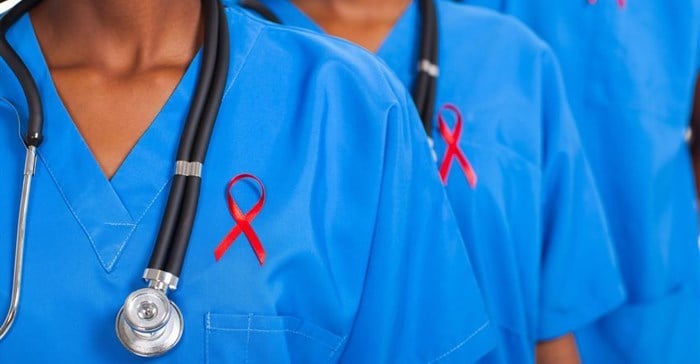
Adding to this Dhlomo asked if an audit needs to be done to find out how many public healthcare facilities are actually sex worker friendly.
The deputy-minister was speaking at the launch of the new and third National Sex Worker HIV, TB and STI Plan today in Johannesburg.
Sex workers continue to be the subject of human rights violations, gender-based violence, ill-treatment by law enforcements and the public as well as severe cases of stigmatisation.
The plan launched under the auspices of the South African National AIDS Council (SANAC) in collaboration with the National Sex Worker Sector, government and development partners inclusive of UNFPA (UN Population Fund) and CDC (Centres for Disease Control and Prevention).
The event was attended by the Deputy Minister of Justice and Constitutional Development John Jeffrey, sex worker advocacy groups, the South African Police Service (SAPS) and social justice activists, including the Global Alliance and United Nations.
Dhlomo emphasised the importance of the sex worker industry in the fight against HIV/Aids.
“South Africa had 7,9 million HIV-positive people in 2019 with 60% of these on Anti Retro Viral (ARV) treatment,” says Dhlomo.
"The sex worker industry is a bridging community for HIV and the importance of sex workers insisting on the use of condoms cannot be emphasised enough,” says the deputy-minister.
“If all sex workers insist on condom use consistently, the prevalence of HIV in this population will decrease.”
He quoted a study that shows that female sex workers aged 16 to 24 years have the lowest prevalence of HIV while women sex workers aged 34 and over have the highest prevalence of HIV.
Dr Sandile Buthelezi he South African National AIDS Trust (SANAT) CEO, echoed his call. “We want to reduce the new infections in HIV among the sex worker population. We do not want new cases.”
Buthelezi adds: “We need to ensure that HIV positive sex workers have access to ARV, and then also use them.”
He called for more workshops from stakeholders such as government to educate and not only sex workers but also social workers.
A trans gender HIV-positive sex worker testified to the help that workshops and education had been in her life. “Workshops and education by organisations have helped me not only gain access to healthcare, but have also given me my dignity back,” she says.
The theme ‘Decriminalise Sex Work – Advance Health and Human Rights NOW!’ will allows SANAC and its partners continue to lobby for the decriminalisation of sex work since it poses a myriad of challenges against interventions designed for sex workers.
The plan is informed by these challenges and builds on lessons learned during the implementation of the first Sex Worker Plan launched in 2016 and concluded in 2019.
Criminalisation of the trade is inextricably linked to the on-going human rights violations and inadequate access to health, social and legal services.